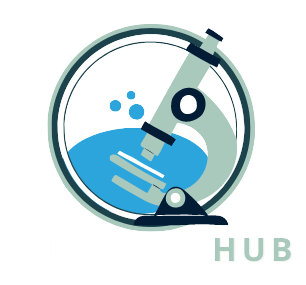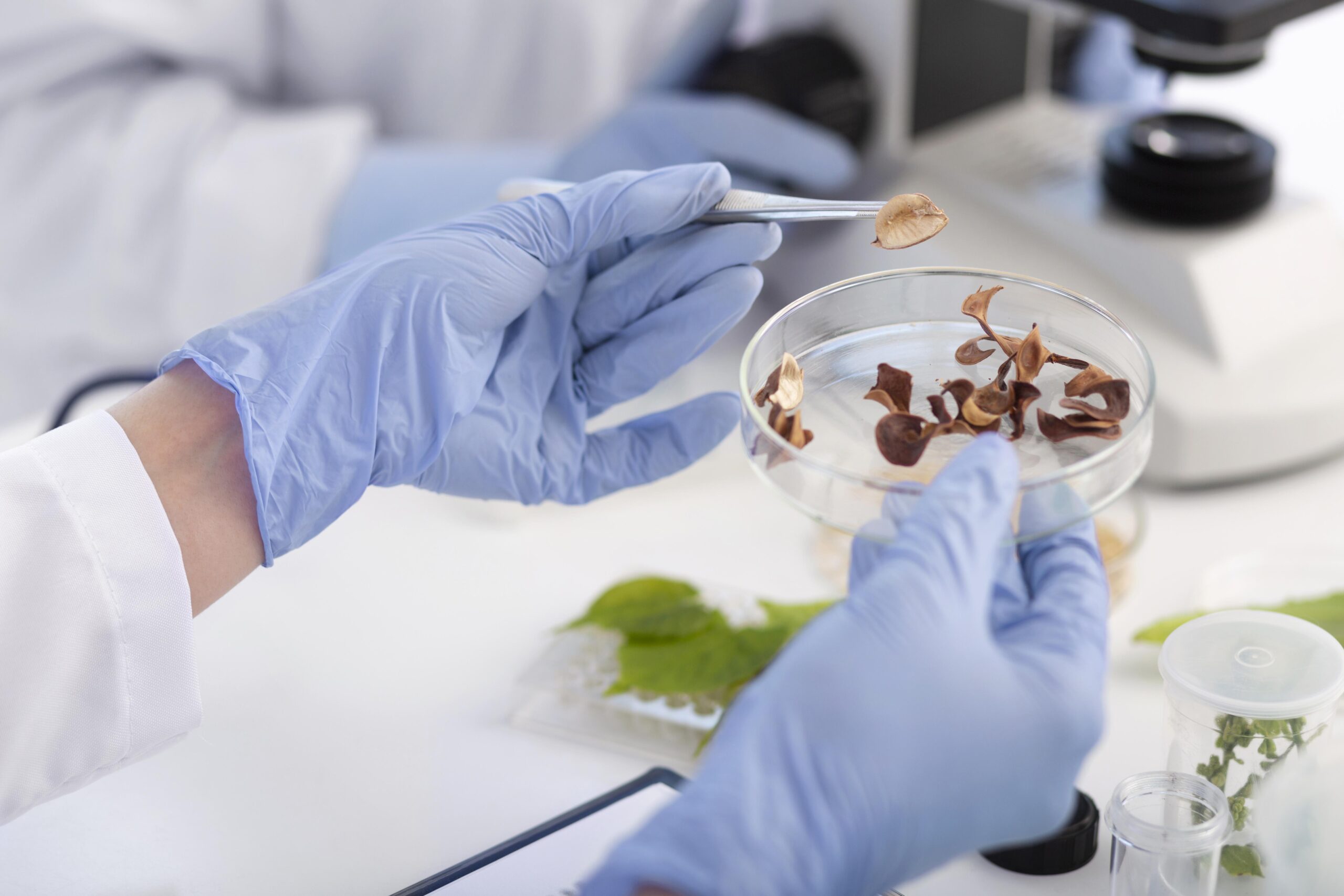Microbiology as a science has evolved a long way from when Louis Pasteur kicked off his researches into the microbial world. During the era of the formation of scientific bacteriology in the late 19th century, there existed a very clear difference between the two concepts. It was developed by Louis Pasteur, a French chemist and microbiologist. Pasteur challenged the idea of the theory of spontaneous generation, which was the notion that life emerged from nonliving sources. His discovery also showed that while fermentation and diseases where not spontaneous but as a result of certain microorganisms. Pasture achieved a lot in his lifetime, the pasteurization process is where liquids are heated to eliminate injurious bacteria, and the invention of Rabies and anthrax vaccines were notable. These discoveries were not only proofs of the germ theory of disease, but also applications which revolutionized fortunes of public health and medicine.
After Pasteur, the German medical doctor, Robert Koch, also made notable breakthroughs that defined microbiology. In the second half of the 19th and early years of the 20th century Koch formulated the major principles which enable to prove that a definite microbe causes a particular disease. He discovered that bacteria are at the root of Tuberculosis, Cholera and Anthrax and contributed to proving that there are microbes for specific diseases. At these time culture techniques for example growth of bacteria on agar plates were invented thus enabling scientists to cultivate and study microorganisms in the laboratory. This era also saw the growth of the microscope which allowed scientists to study microbes more closely.
The middle of the twentieth century was again a significant period in microbial endeavors with the rise of the molecular biology. Scholars such as Francis Crick and James Watson discovered the formation of DNA in order to determine the significance of genetic information in microorganisms’ behaviors and their evolution. It was during this period that certain techniques like the PCR (Polymerase Chain Reaction) and gene sequencing which went on to create a revolution in microbial studies as these formulated ways for exact analysis of the genetic side. One of the greatest discoveries involved the range and variety of Microbes. New genes and new sequencing technologies led to the discovery that bacteria and archaea are much more diverse than thought before, and the human microbiome, as the complex microbial ecosystems in and on our body, was defined as a major contributor to human health and disease.
Indeed, in the 21st century microbial sciences have experienced great advances and a quantum leap can already be noted. The coordinated use of these approaches – genomics, proteomics, and metabolomics – stemmed from their ability to help define microbial communication networks and host-microbiota and microbiota-environment interfaces. Whole microbial genomes can be traced and functions of various genes in relation to health and disease can be analyzed. Synthetic biology is another emerging field that has revolutionized microbiology. Organisms are being designed to synthesize medicines, biodiesel and other chemicals. Implementing of this approach contains the potential to solve some of the global issues that affect mankind such as the supply of energy and the cure for diseases. Furthermore, new microscopy technologies which are cryo-electron tomography and super-resolution microscopy help in visualizing microbial cells and their function at the molecular level. These tools are aiding the researchers in understanding the multi-faceted symbiosis of microbes with their surroundings and contribute to the discoveries.

